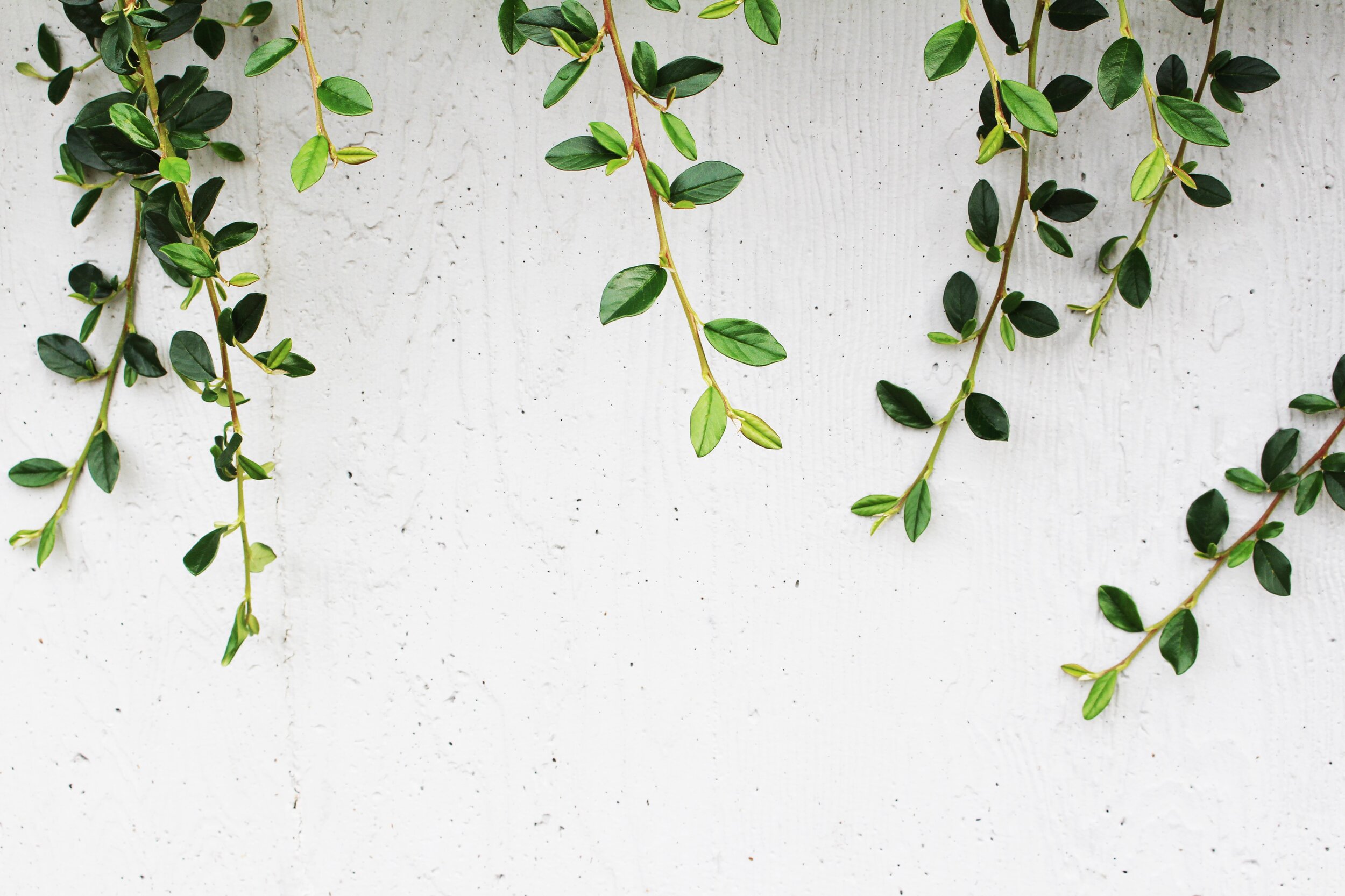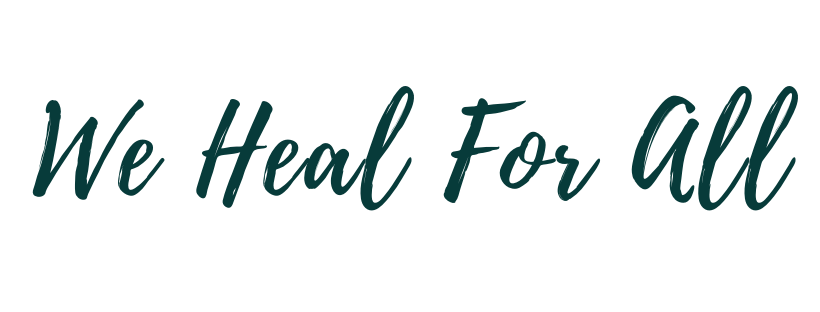
Community Agreement
What types of relational practices will create a culture that supports us to co-create wisdom together, to share courageously and listen empathically, and to honor and uplift each other's unique voices, needs and gifts in the name of collective healing?
Below are agreements practiced within We Heal For All community spaces.
The Community Agreement is a living, breathing document rather than a set-in-stone list of rules. It changes and evolves as the needs of the community do. Feel like something's missing or needs changed? Submit your thoughts at connect@wehealforall.com.
#1
None of us have all the answers. All of us have wisdom to offer.
I enter into conversations and engagement with others with humility and a readiness to learn. I openly share my wisdom, thoughts, and questions when I feel inspired and comfortable to.
#2
I strive to co-create this as a brave and safe space to share.
Other members’ feelings, thoughts, needs and wants are equal to mine in worth and importance. I take my intention to share and to listen with compassion seriously. Nothing that is shared is unimportant or stupid. I do not make “you and us” statements, criticize, control, or dominate.
#3
Speak from the "I."
I ground what I share in my own personal lived experience. I refrain from giving unsolicited advice to others. I share what I have experienced so that others can draw from my insights and choose for themselves what is of value.
#4
Trust that everyone has what they need.
And that if they don't that they will ask. I'm mindful not to prescribe, fix, solve, and save people.
There is no one-sizes-fits-all approach.
What works for me does not work for every person. I do not criticize or attack others for their lifestyle choices, political, philosophical or religious views, or other differences. I understand that everyone is different, has different needs, and is on a different journey.
#5
#6
The reality of inequality.
Inequality exists everywhere, even in social justice, healing, sustainable development and sacred activist spaces. Gender identity, gender expression, sexual orientation, dis/abilities, ethnicity/ethnic heritage, race, age, size, class, and citizenship status are some of the more obvious examples of how people are marginalized. I agree to lessen the negative effects of as many oppressive ideologies as possible because they are all interconnected and relevant to the work of collective healing. I commit to doing this through a continual process of learning and unlearning.
#7
Divergent opinions are welcome.
I expect there to be a range of perspectives, opinions, and views expressed within the community. Diversity of thought is the wealth of life. I commit to listening with an open mind, holding up a sense of curiosity and speaking my truth with integrity.
#8
Respect people’s confidentiality and identity - don’t assume, ask.
If moved by what someone shares I ask for permission before sharing what they've written and am open to them saying no. I do not make assumptions about who a person is or what their identity is.
#9
Be comfortable making mistakes.
We're all here to learn. Falling on my beautiful face is welcome and celebrated because it means I'm trying something new.
#10
Notice what I notice and stay curious.
As I connect with others, I practice staying connected with myself. I notice my body, my emotional responses, my boundaries, and my intuition as I share, listen and engage.
Thank you to the Anti-Oppression Network for their Community Agreement resources.
connect@wehealforall.com
